Key Hard Skills for Interpreters

Key Hard Skills for Interpreters

Interpreters play a vital role in facilitating communication between individuals who speak different languages. To be successful in this field, interpreters need to possess a combination of hard skills, which are specific, teachable abilities that can be measured and evaluated. Here are some of the key hard skills required for interpreters:
Language Proficiency

- Native-like fluency: Interpreters must have native-like fluency in both the source and target languages. This means they should be able to understand and express themselves accurately and idiomatically in both languages.
- Language combinations: Interpreters typically work with a specific language combination, such as Spanish-English or Mandarin-English. They should be proficient in both languages and able to interpret accurately between them.
- Knowledge of specialized terminology: Interpreters often work in specialized fields, such as law, medicine, or technology. They should have a strong knowledge of specialized terminology in both languages.
Interpreting Techniques
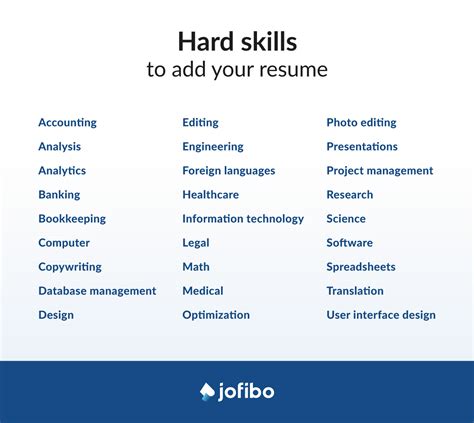
- Simultaneous interpreting: Interpreters should be able to interpret simultaneously, which means they interpret the speaker’s words in real-time, without waiting for the speaker to finish.
- Consecutive interpreting: Interpreters should also be able to interpret consecutively, which means they interpret the speaker’s words after the speaker has finished speaking.
- Sight translation: Interpreters should be able to sight translate, which means they translate written documents orally.
Cultural Competence

- Cultural knowledge: Interpreters should have a strong understanding of the cultures associated with the languages they work with. This includes knowledge of customs, norms, and values.
- Cultural sensitivity: Interpreters should be culturally sensitive and able to adapt to different cultural contexts.
Technical Skills

- Audio and video equipment: Interpreters should be familiar with audio and video equipment, such as headsets, microphones, and video conferencing software.
- Computer-assisted interpreting: Interpreters should be familiar with computer-assisted interpreting tools, such as terminology databases and interpreting software.
Memory and Concentration
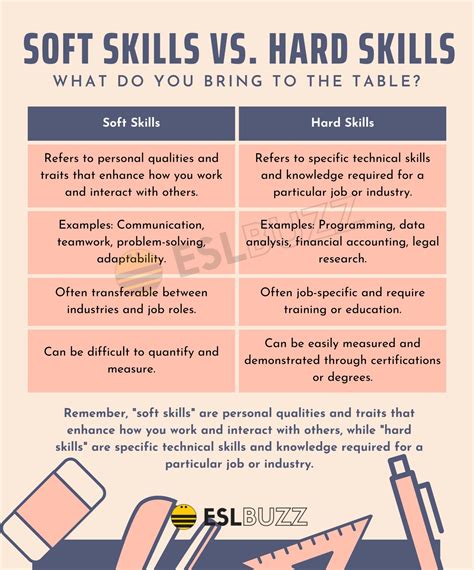
- Short-term memory: Interpreters need to have strong short-term memory to remember what the speaker has said and interpret it accurately.
- Concentration: Interpreters need to be able to concentrate for long periods, often in high-stress situations.
📝 Note: Interpreters should also have strong analytical and problem-solving skills, as well as the ability to work well under pressure.
Other Key Skills
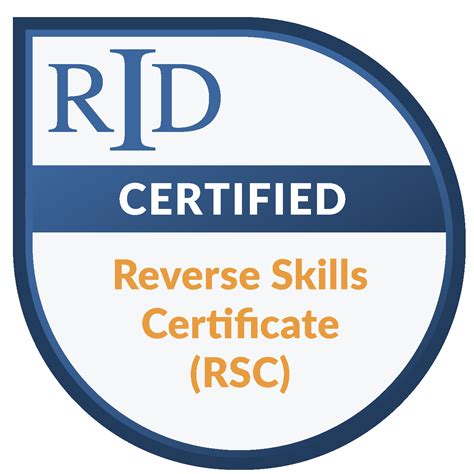
- Attention to detail: Interpreters need to be detail-oriented and able to capture nuances of language and cultural differences.
- Time management: Interpreters need to be able to manage their time effectively, often working on tight deadlines.
- Teamwork: Interpreters often work as part of a team, so they should be able to collaborate effectively with others.
| Hard Skill | Description |
|---|---|
| Language Proficiency | Native-like fluency in both source and target languages |
| Interpreting Techniques | Simultaneous, consecutive, and sight translation |
| Cultural Competence | Cultural knowledge and sensitivity |
| Technical Skills | Familiarity with audio and video equipment and computer-assisted interpreting tools |
| Memory and Concentration | Strong short-term memory and concentration |
| Other Key Skills | Attention to detail, time management, and teamwork |

In summary, interpreters need to possess a range of hard skills to be successful in their field. These skills include language proficiency, interpreting techniques, cultural competence, technical skills, memory and concentration, and other key skills.
What is the most important hard skill for an interpreter?
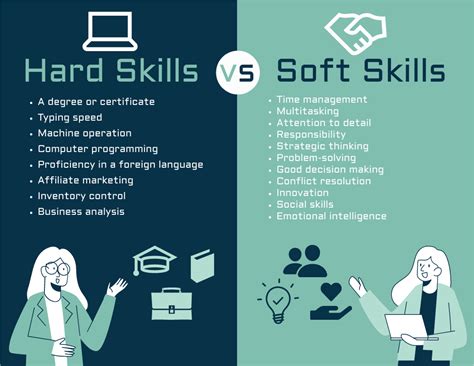
+
Language proficiency is often considered the most important hard skill for an interpreter. Interpreters need to have native-like fluency in both the source and target languages to interpret accurately.
What is simultaneous interpreting?
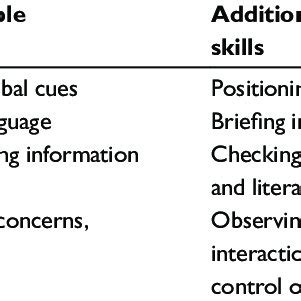
+
Simultaneous interpreting is a technique where the interpreter interprets the speaker's words in real-time, without waiting for the speaker to finish.
What is cultural competence?

+
Cultural competence refers to the interpreter's knowledge and understanding of the cultures associated with the languages they work with. This includes knowledge of customs, norms, and values.
In conclusion, interpreters need to possess a range of hard skills to be successful in their field. By mastering these skills, interpreters can provide high-quality interpreting services that facilitate effective communication between individuals who speak different languages.



